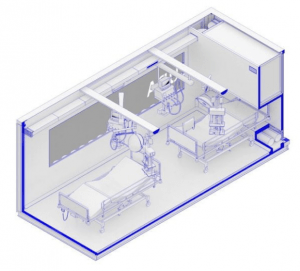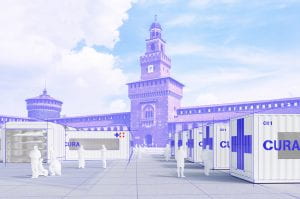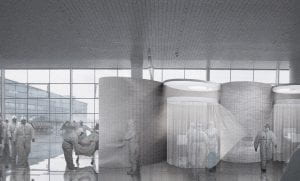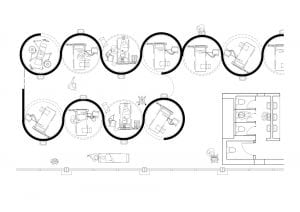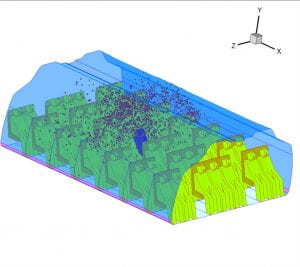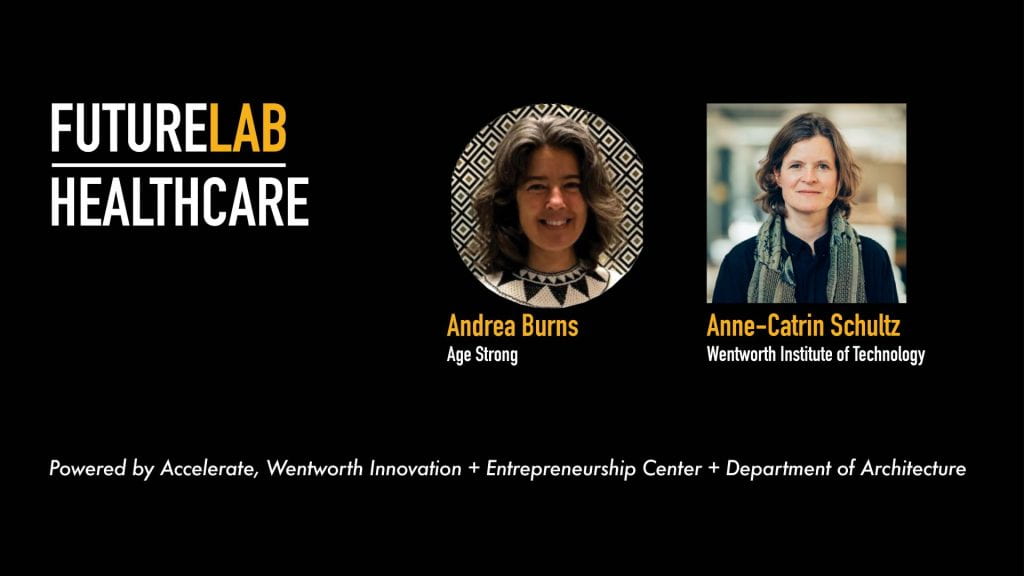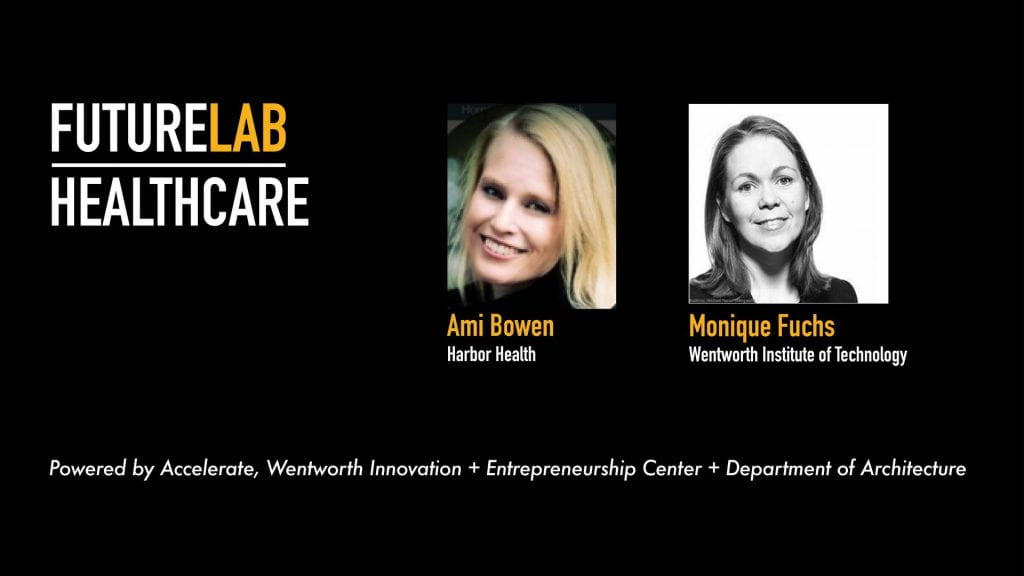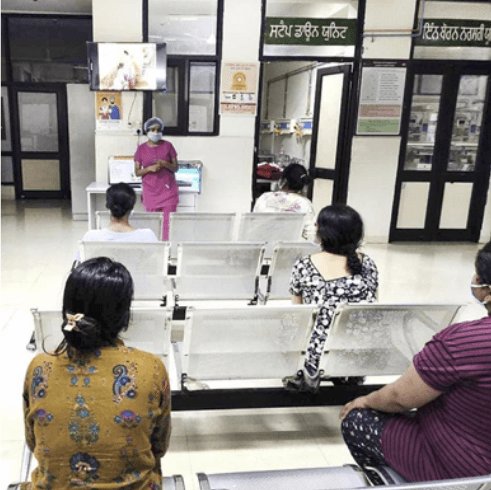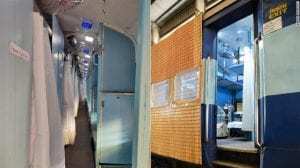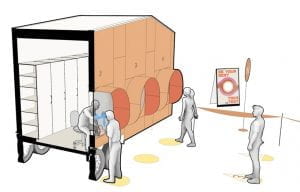Venice, Italy, Carlos Ratti and Collaborative Team
https://www.archdaily.com/936911/interview-carlo-ratti-on-architecture-that-fights-covid-19?ad_source=search
Repurposed shipping containers can serve as modular intensive care units. This shipping container infrastructure allows for a high level of flexibility, as well as making the project affordable, since these are inexpensive. Shipping containers give the opportunity to be installed anywhere and when not needed, can be taken away supporting flexibility without leaving marks behind. They can be stacked on top of each other with no structure needed, which makes these modular healthcare units expandable and scalable.

